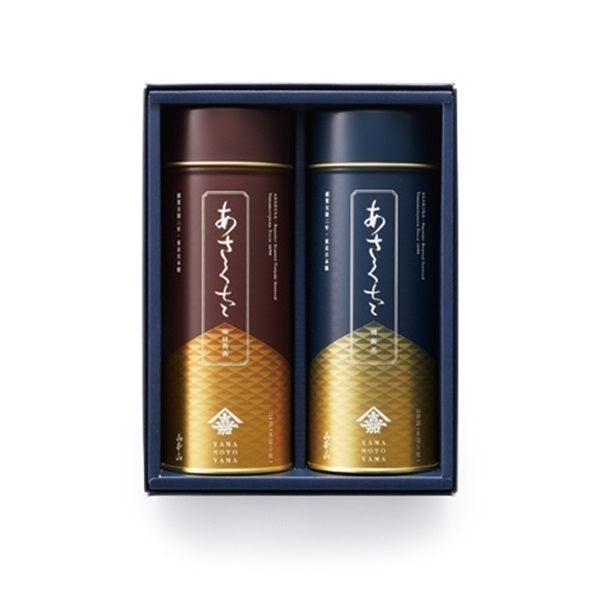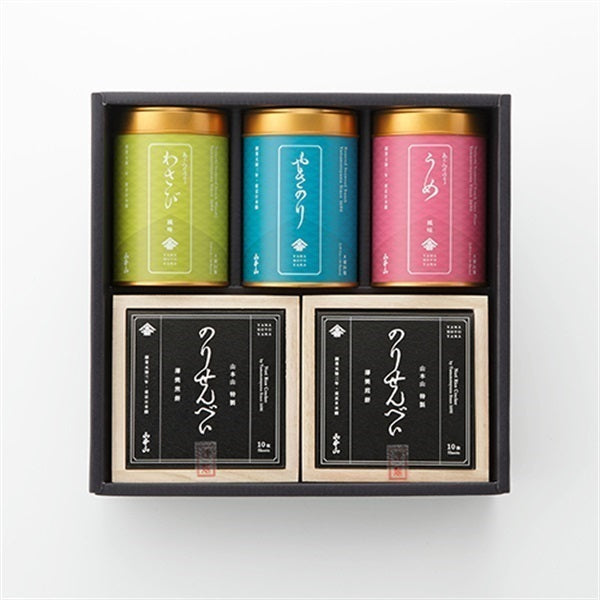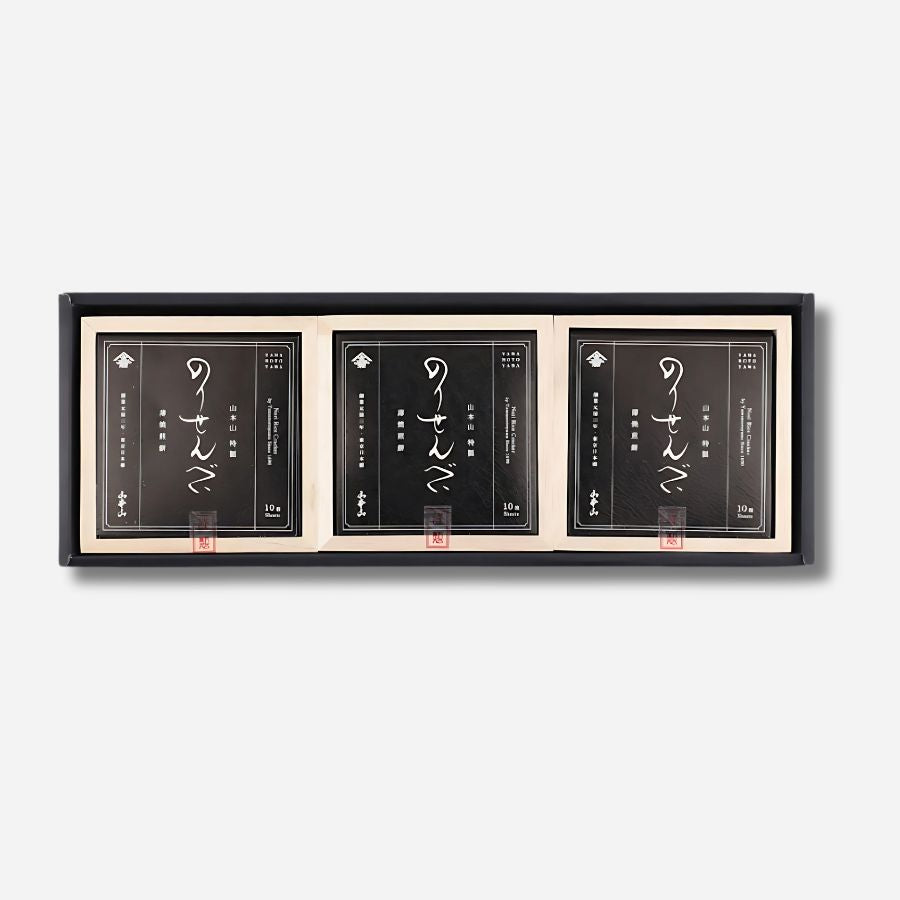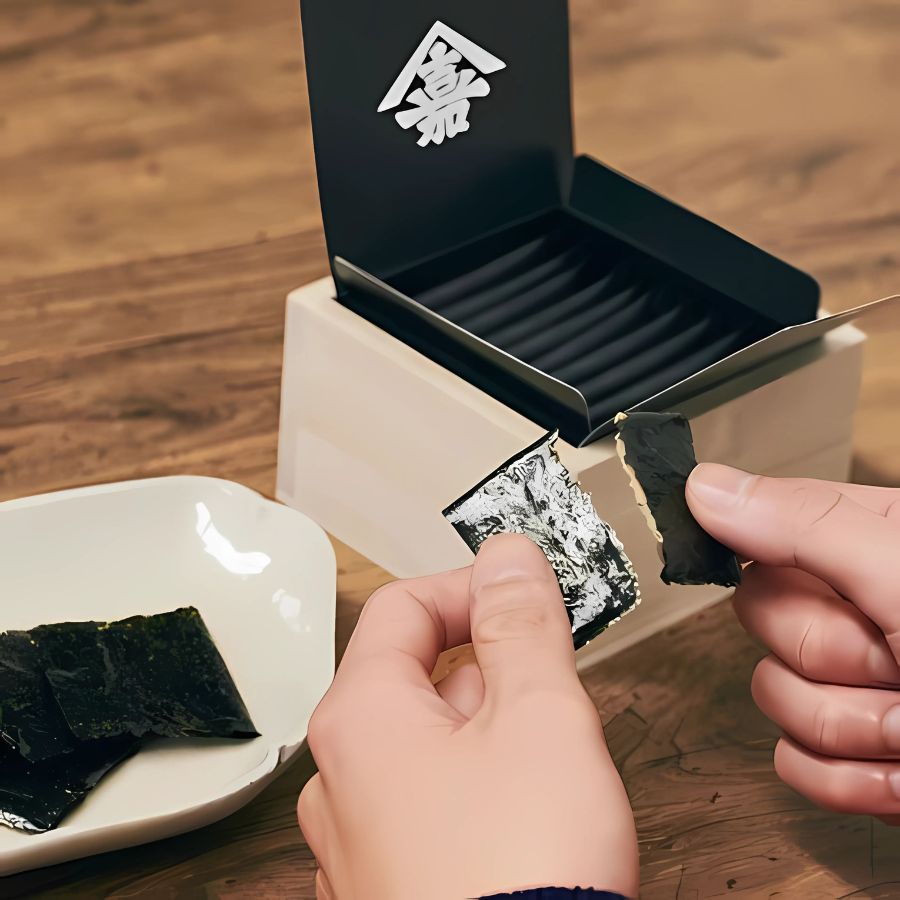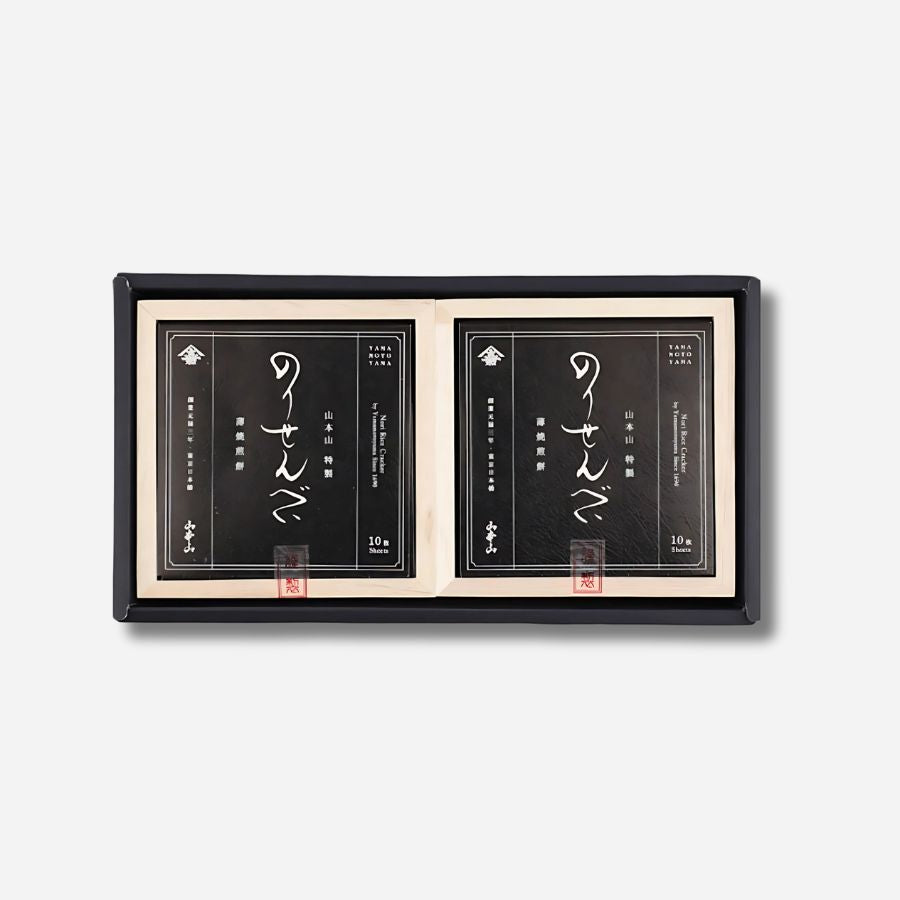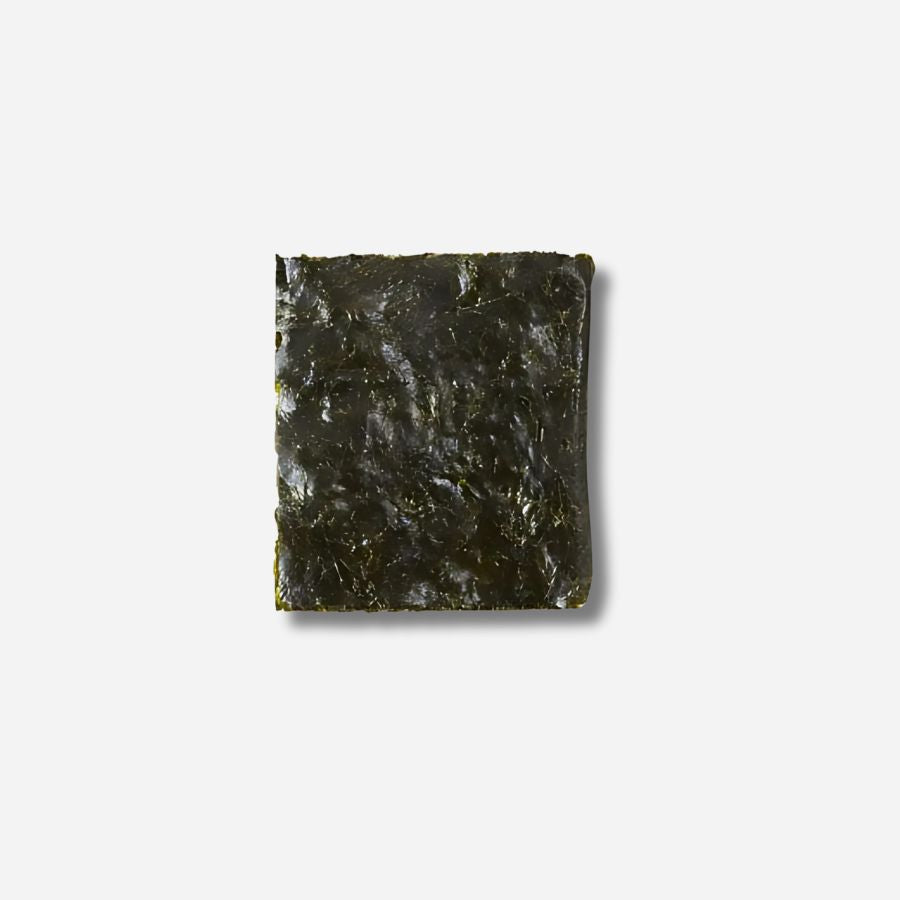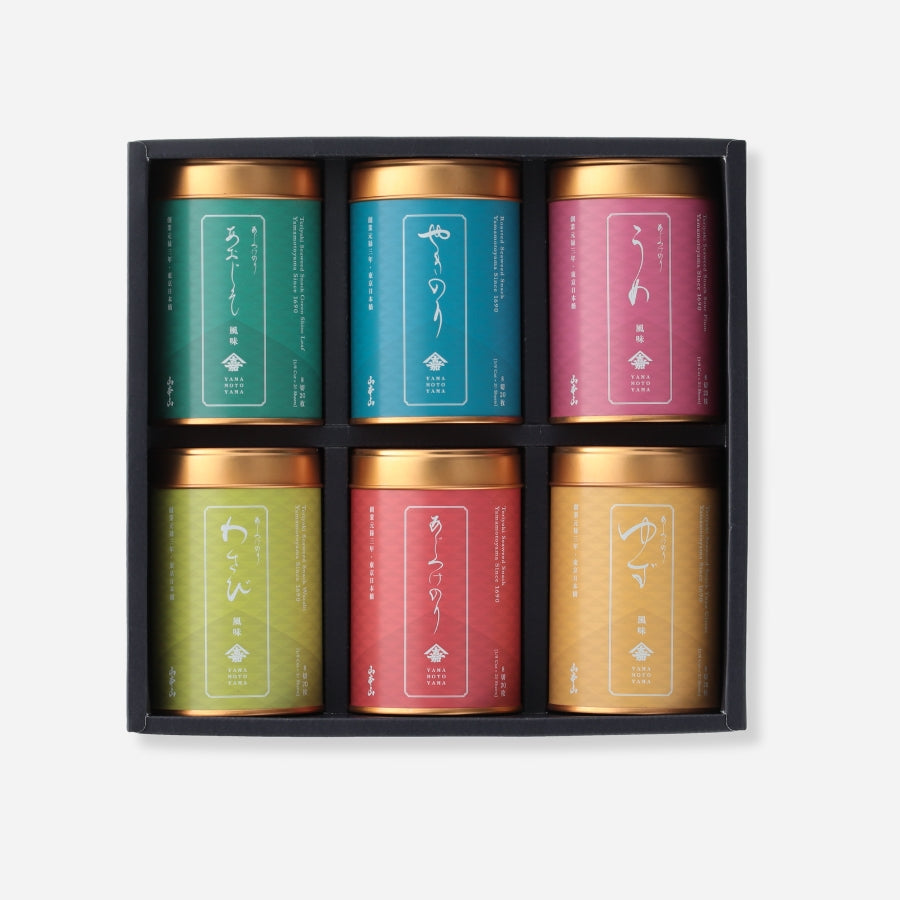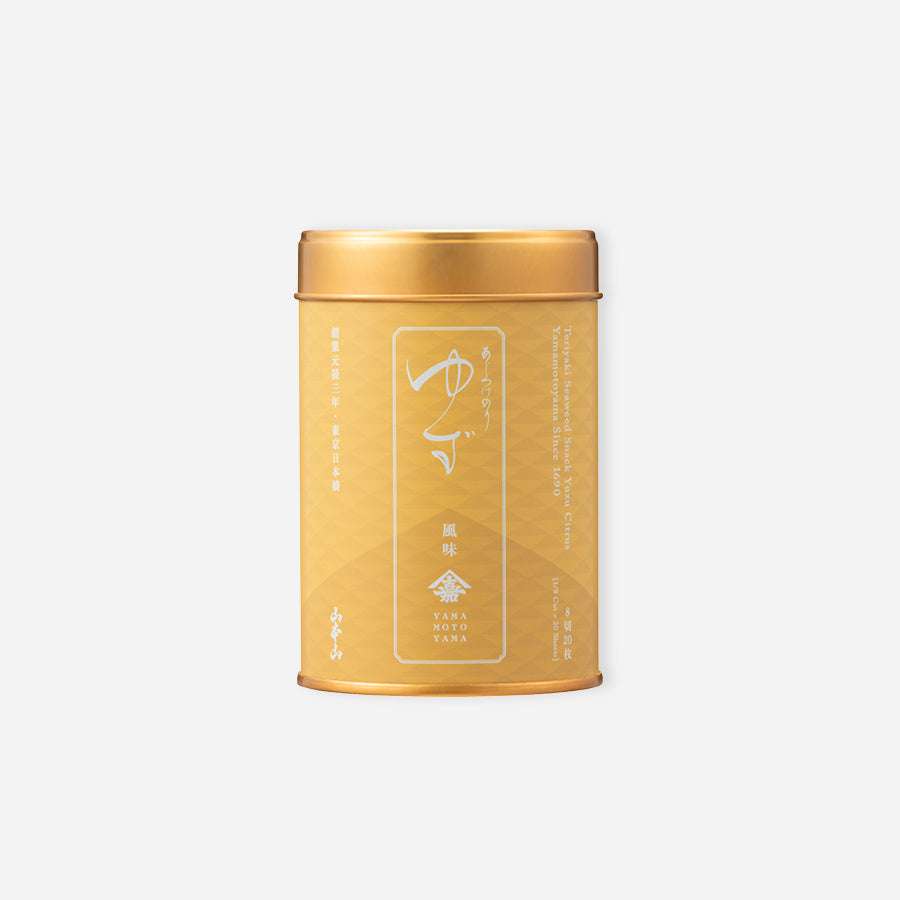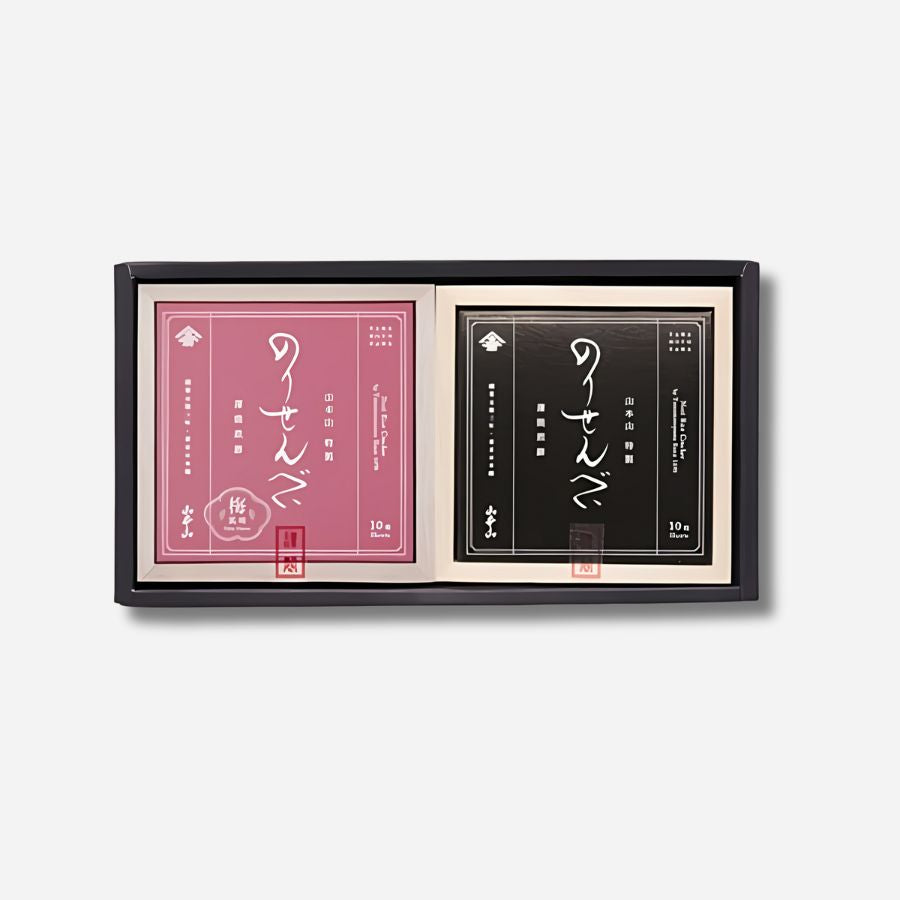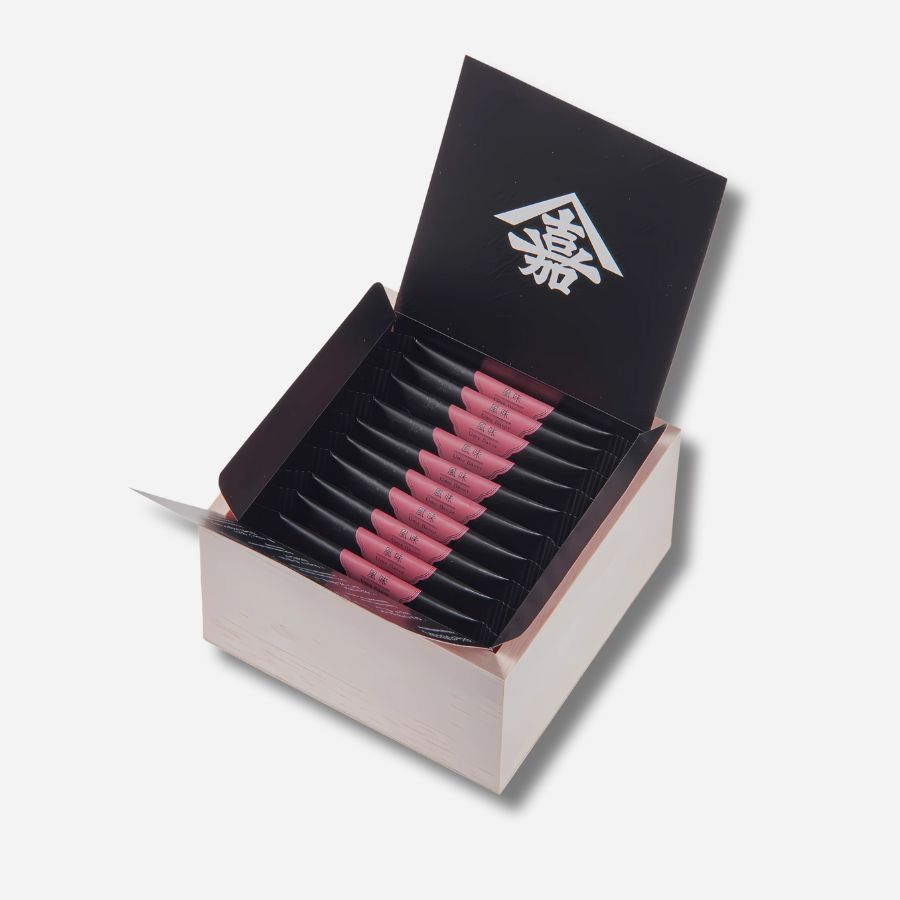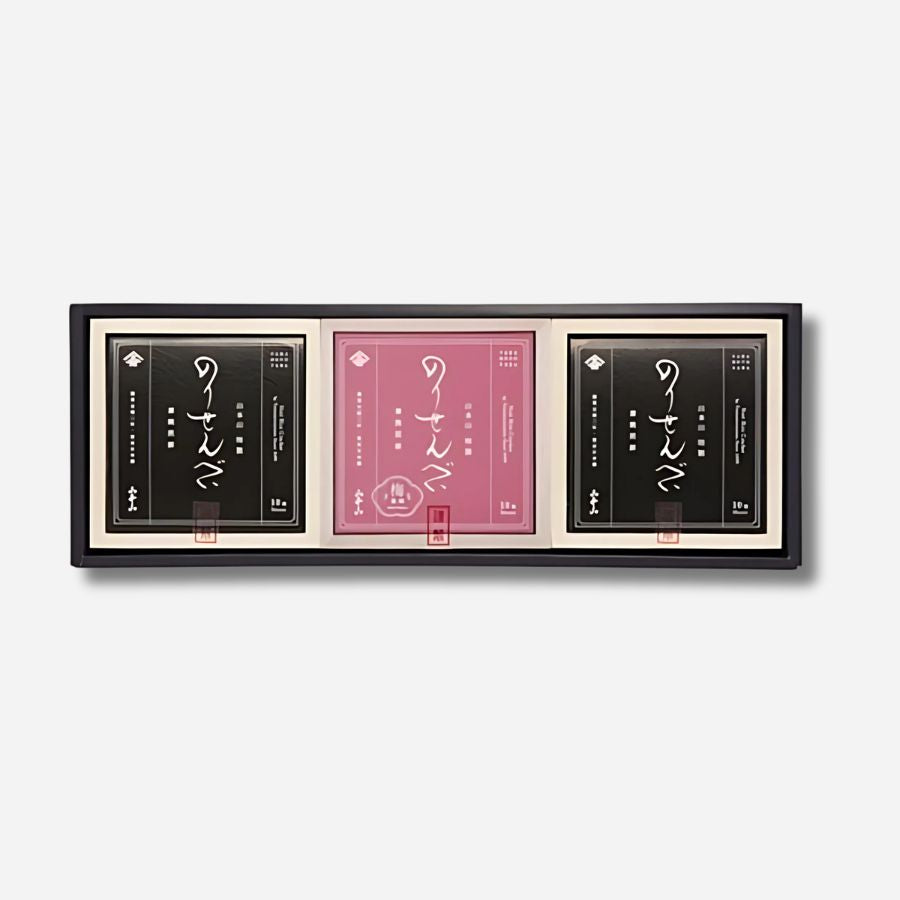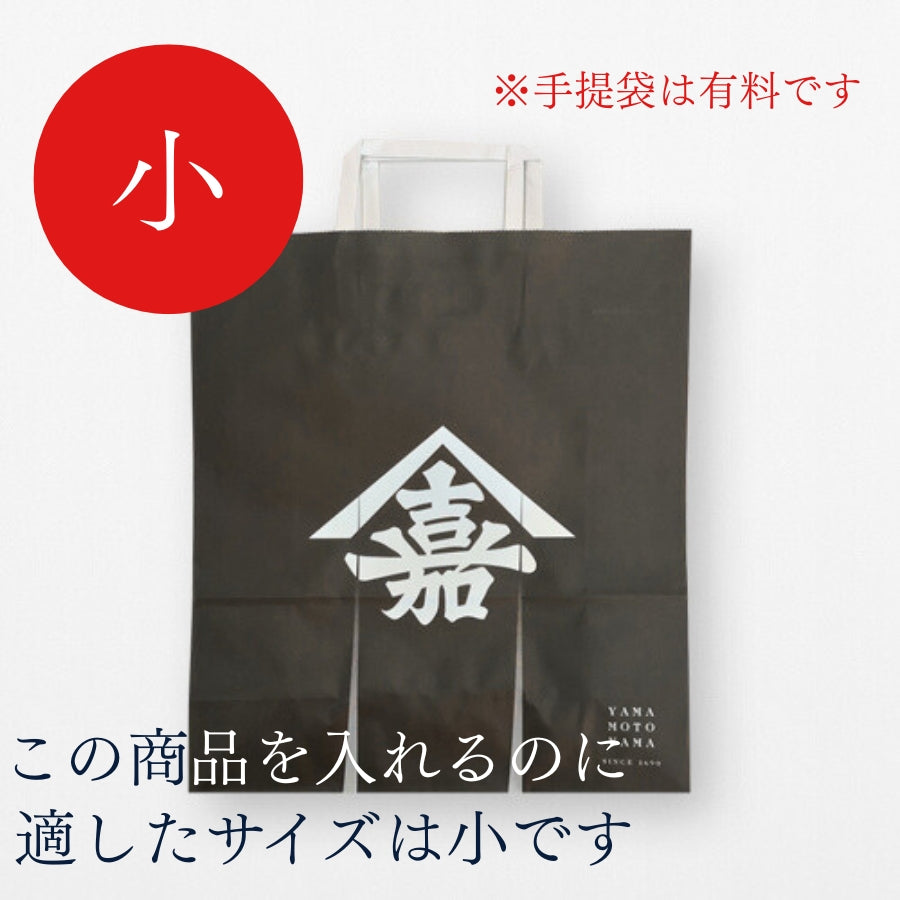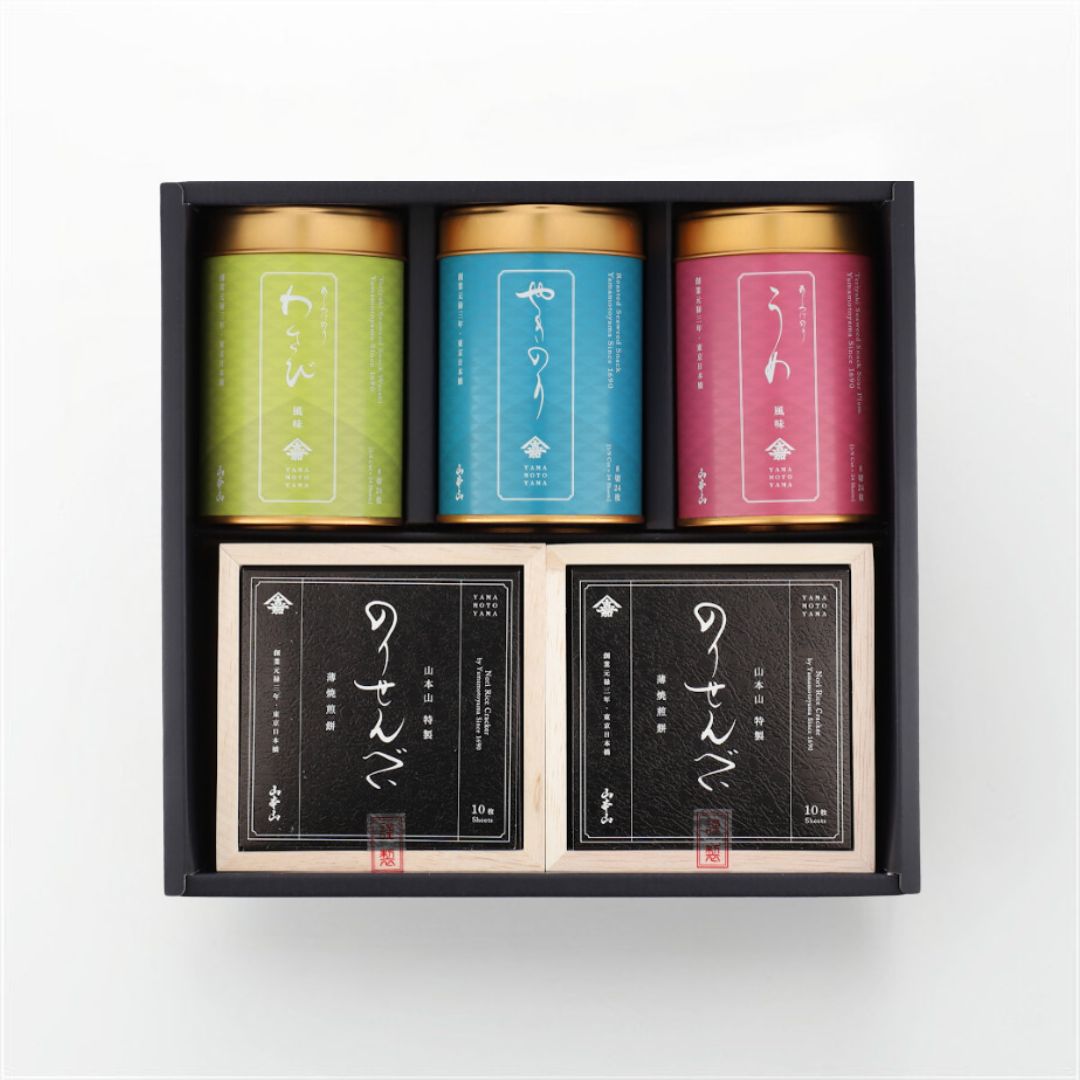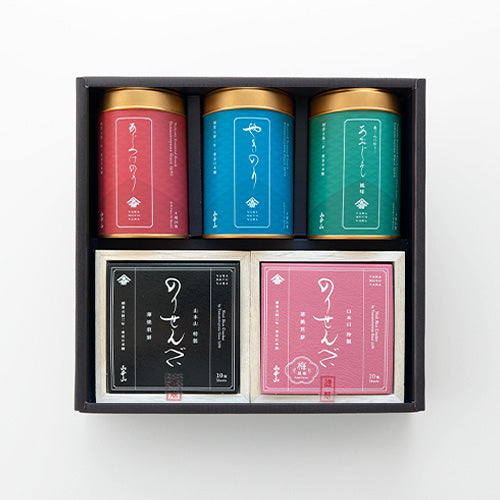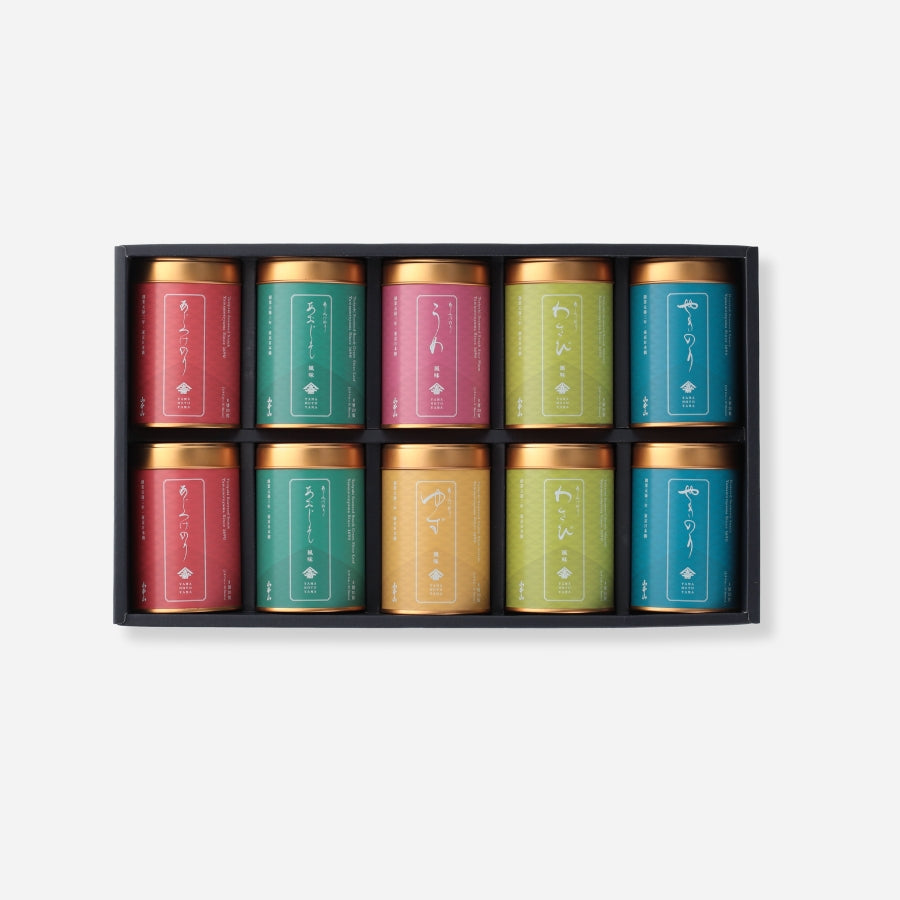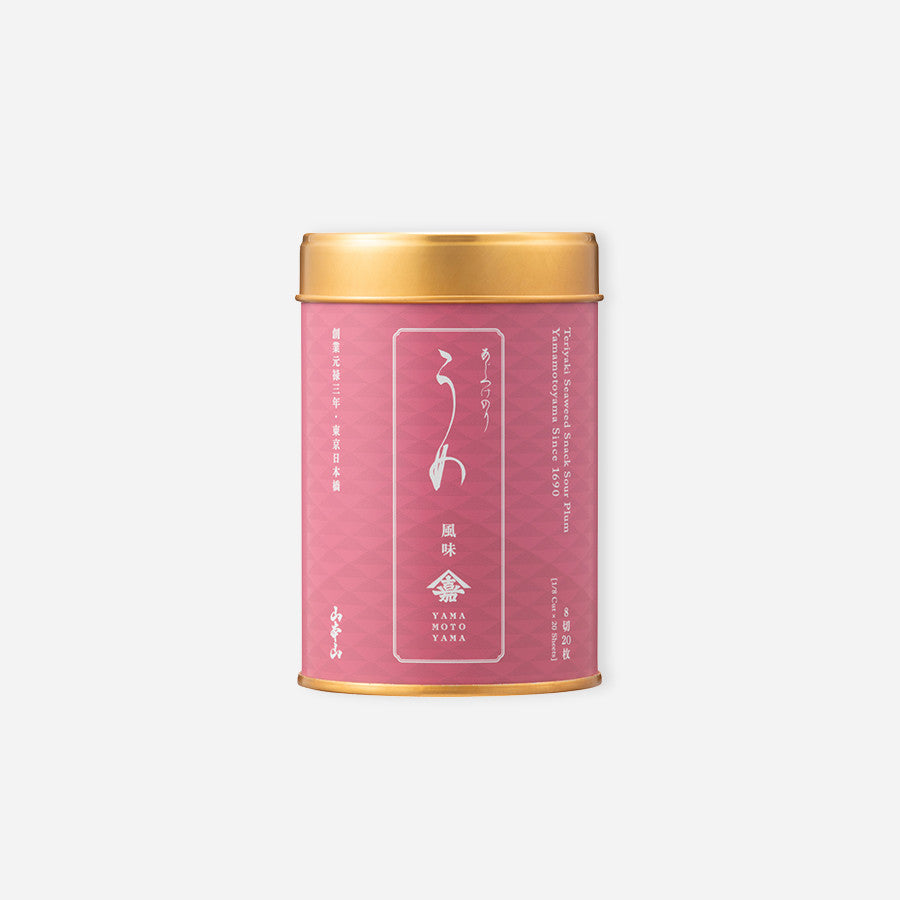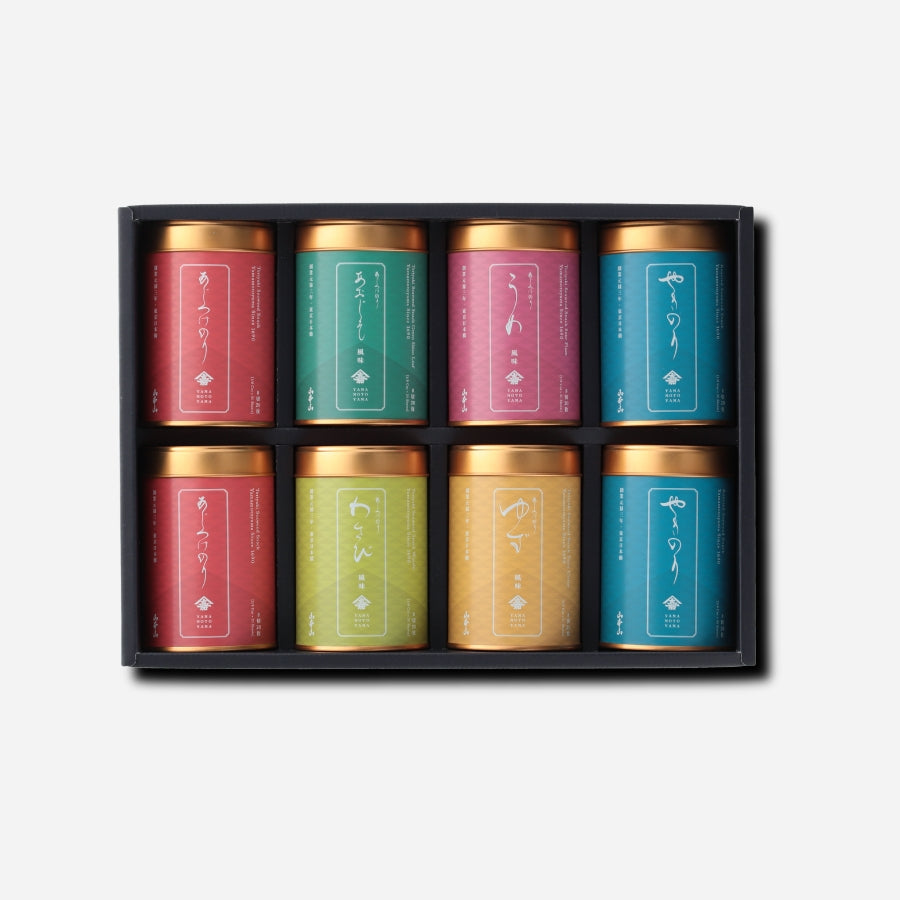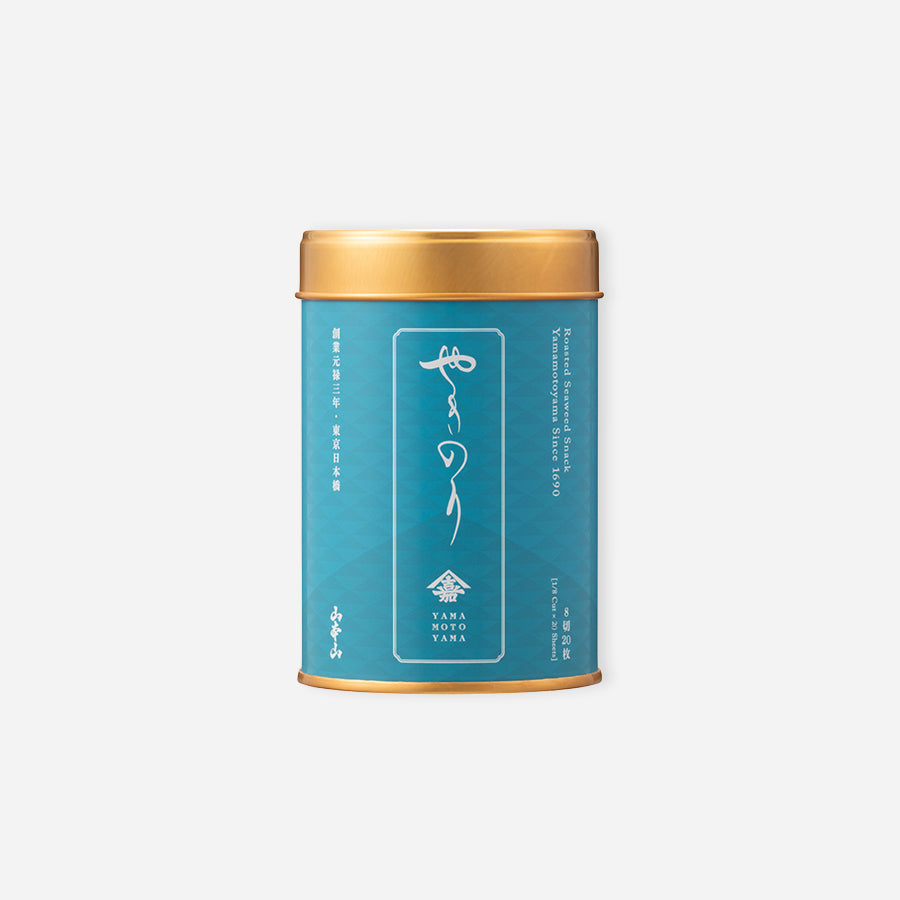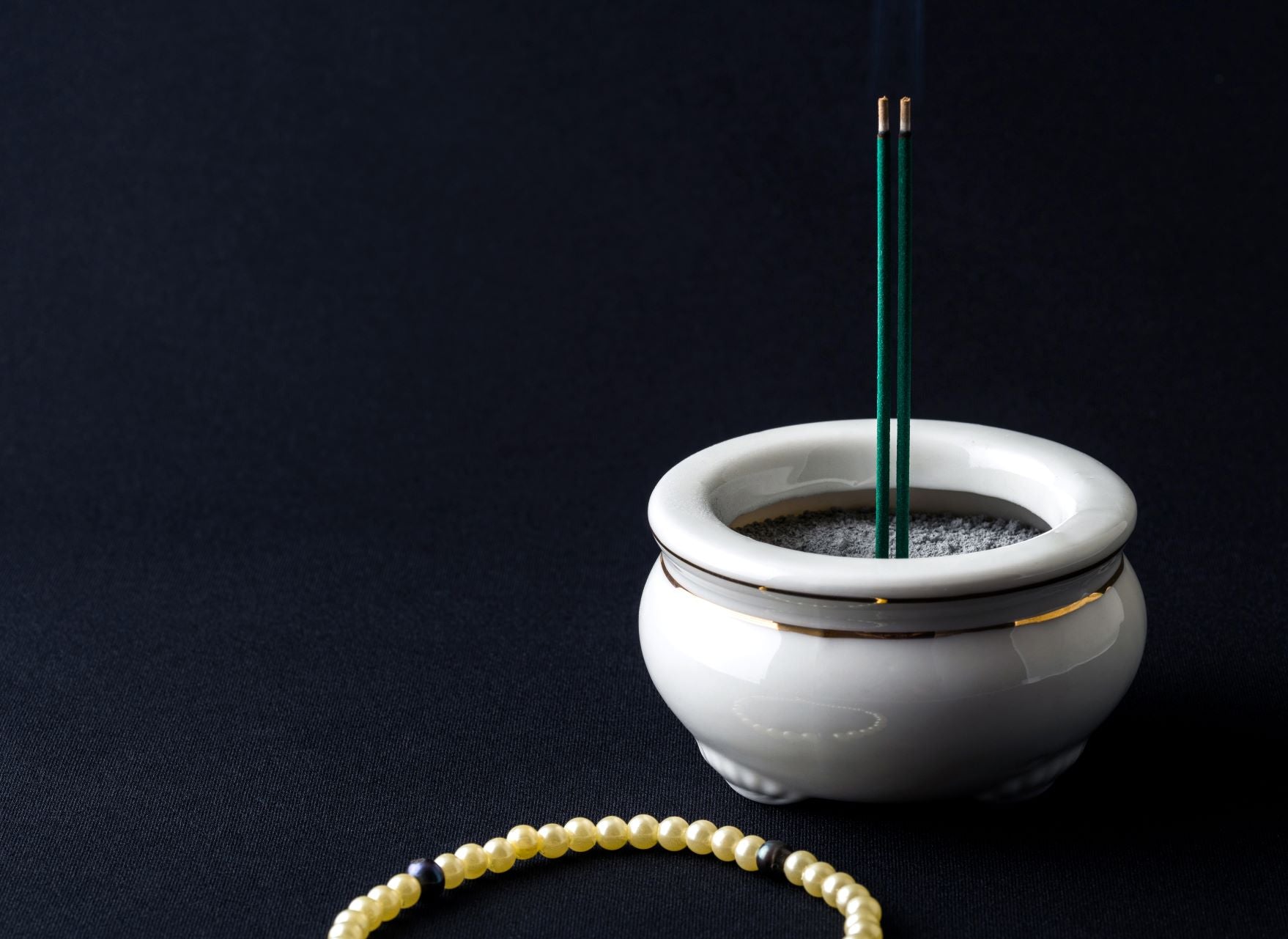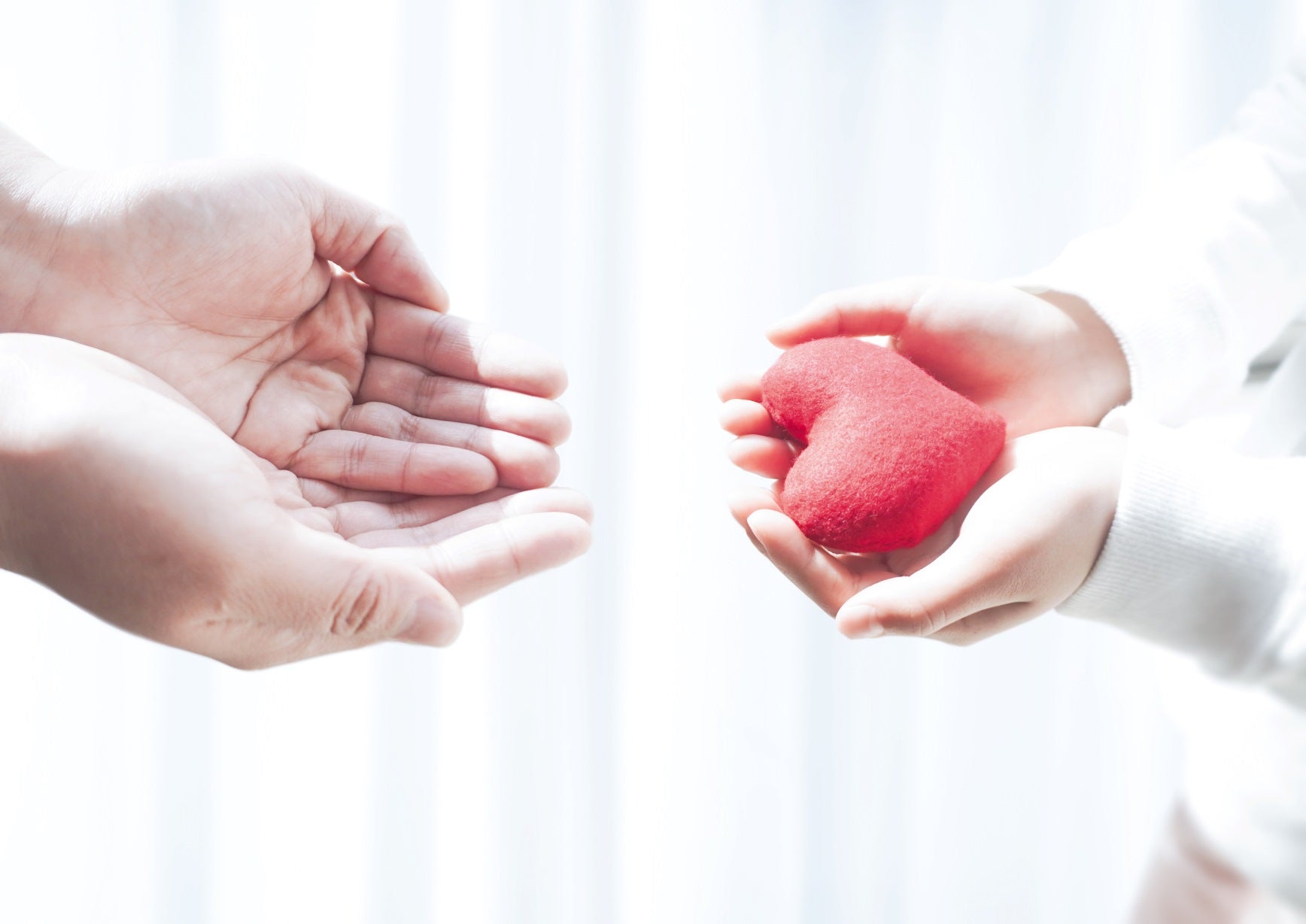
Gift-giving etiquette: thank you gifts, thank you gifts, thank you gifts...
- Introduction
- First, express your gratitude
- It's rude to give a gift in return right away
- What are gifts that you don't need to give in return?
- When giving a gift in return as a "naikai" (celebration)
- Estimated return
- The gift should be given in the name of the person who received it.
- Gift taboos to be aware of
- Inside and outside
- Quick guide to returning gifts
Introduction
When you receive a gift, you may be concerned about giving something in return, but the most important thing is to express your gratitude.
Also, the idea of what to give in return varies depending on the type of gift. Make sure you follow the basics and don't be rude.

First, express your gratitude
When we receive something, we tend to immediately think about how to give something in return, but the most important thing is to first express our gratitude.
When expressing your gratitude, choose a method based on your relationship with the recipient - letter, phone call, email, etc.
It is standard practice to send a thank you letter within three days at the latest.

It would be rude to return the gift right away.
This may seem surprising, but it is actually rude to return a gift immediately after receiving it.
If you wish to return the gift, it should be within 10 days to a month of receiving it.

There are some gifts that you don't need to give in return
Some people may think that if you receive a gift, you should give something in return, but in fact there are some gifts that you don't need to give in return.
For example, gifts for celebrating kindergarten or school entrance, graduation, employment, disaster relief, midyear gifts, and year-end gifts.
However, it has become increasingly common to give gifts in celebration of kindergarten or school entrance ceremonies, so you should also take local customs into consideration when deciding on a gift.

In some cases, a return gift is given as a "naikai" (celebration).
On the other hand, gifts in return are given as "nuchi-iwai" (celebrations of weddings, births, new homes, etc.
When giving a housewarming gift, the return gift is to invite the recipient to the housewarming party, but those who were not invited are given "uchi-iwai" (celebration gifts).
Gifts are given at store openings, business openings, and presentations. Gifts are also given to those who are sick as a way to celebrate recovery.

Estimated return
When giving a return gift, including as a congratulatory gift, it is common to give a gift worth about one-third to one-half of the amount received.
However, ideas about return gifts and celebration gifts vary from region to region, so if you're unsure, it's best to ask an older relative or a shop assistant in the gift section for advice.

The gift should be given in the name of the person who received it.
Many people seem to think that the return gift given when receiving a gift is called "uchiiwai", but "uchiiwai" does not mean the same thing as a return gift.
"Nuchigai" gifts are given widely to close friends when a happy occasion occurs, with the hope that everyone will share in the joy of the occasion.
Nowadays, it is common to give gifts only to people who have given you congratulations, but originally they were sent to people who did not receive congratulations as well.
It is customary for a gift to be sent in the name of the person receiving the gift.

Gift taboos to be aware of
There are taboos regarding the number and type of gifts given.
Fewer people are concerned about this nowadays, but when sending a gift to an elderly person or someone who values tradition, you should be careful not to ruin the gift.
- Don't give anything that is reminiscent of fire as a housewarming gift: Ashtrays, lighters, lamps, candles, and other items that are reminiscent of fire are taboo. Also avoid bouquets of bright red roses, which are reminiscent of fire.
- Do not give items that are worn directly on the skin to anyone other than very close people: Do not give items that are worn directly on the skin, such as underwear, socks, stockings, accessories, or hard water, to anyone other than very close people such as family members or lovers.
- Do not give anything that covers the lower part of the waist to people of higher rank: shoes or other footwear are considered rude to give to people of higher rank because they are associated with the meaning of "trampling." However, you can give walking shoes or other items if the person wishes.
- As a rule, do not give sharp objects as wedding gifts: Do not give sharp objects such as scissors, knives, or kitchen knives, as these are reminiscent of "cutting ties." However, if the person strongly requests something like cutlery, it is acceptable to give them.
- You also need to be careful about the number of gifts: Odd numbers are used for happy occasions, and even numbers for mourning occasions. However, the number "8" is OK for happy occasions, as it has a long-lasting meaning. In some cases, people dislike the number "9" as it is associated with "suffering" and "4" as it is associated with "death."

Inside and outside
"Uchi-noshi" refers to wrapping the item in wrapping paper after putting the wrapping paper around it, while "soto-noshi" refers to wrapping the item in wrapping paper and then putting the wrapping paper over it.
While "uchi-noshi" is more commonly used, "soto-noshi" has the advantage that the meaning of the gift and the sender can be clearly seen at a glance.
When bringing a gift, when gathering many gifts, or when giving New Year's gifts or housewarming gifts, it is a good idea to use an outer noshi so that the giver and purpose are immediately clear.

Quick guide to returning gifts
| nominal | Time for repayment | point | Do I need a refund? |
| Wedding gifts | Within one month after the wedding | For those who were not invited to the reception, half the price will be given as a "congratulatory gift." | need |
| Baby Shower Gifts | Approximately one month after giving birth | One-third to half of the amount will be given as a gift in the child's name | need |
| Visiting the sick | 1-2 weeks after recovery | Give about half the amount as a "get well soon" gift, and if you're not fully recovered, give a "thank you" gift. | need |
| Condolence money | End of mourning period (49th day) | About 1/3 to 1/2 of the amount received | There is no problem if you don't have it |
| First festival/Shichi-Go-San | If so, do it within a week. | If you are giving it as a thank you gift, use the child's name. | In principle, not required |
| Entrance ceremony, graduation ceremony, coming of age ceremony | No particular specification | If you are giving it as a thank you gift, use the child's name. | In principle, not required |
| Longevity celebration | No particular specification | Sometimes a commemorative gift is given | In principle, not required |
| Housewarming gifts | - | For those who could not be invited to the housewarming, half the price will be given as a "celebration gift." | Not required if inviting guests to a housewarming party |
| Promotion, transfer, and retirement | Once you've calmed down, send a thank you note. | - | Generally not required |
| Parting gift | Once you've calmed down, send a thank you note. | - | Generally not required |
| Disaster relief | Once you've calmed down, send a thank you note. | - | Not required |
| Mid-year and year-end gifts | Send a thank you note within 3 days | - | Not required |

